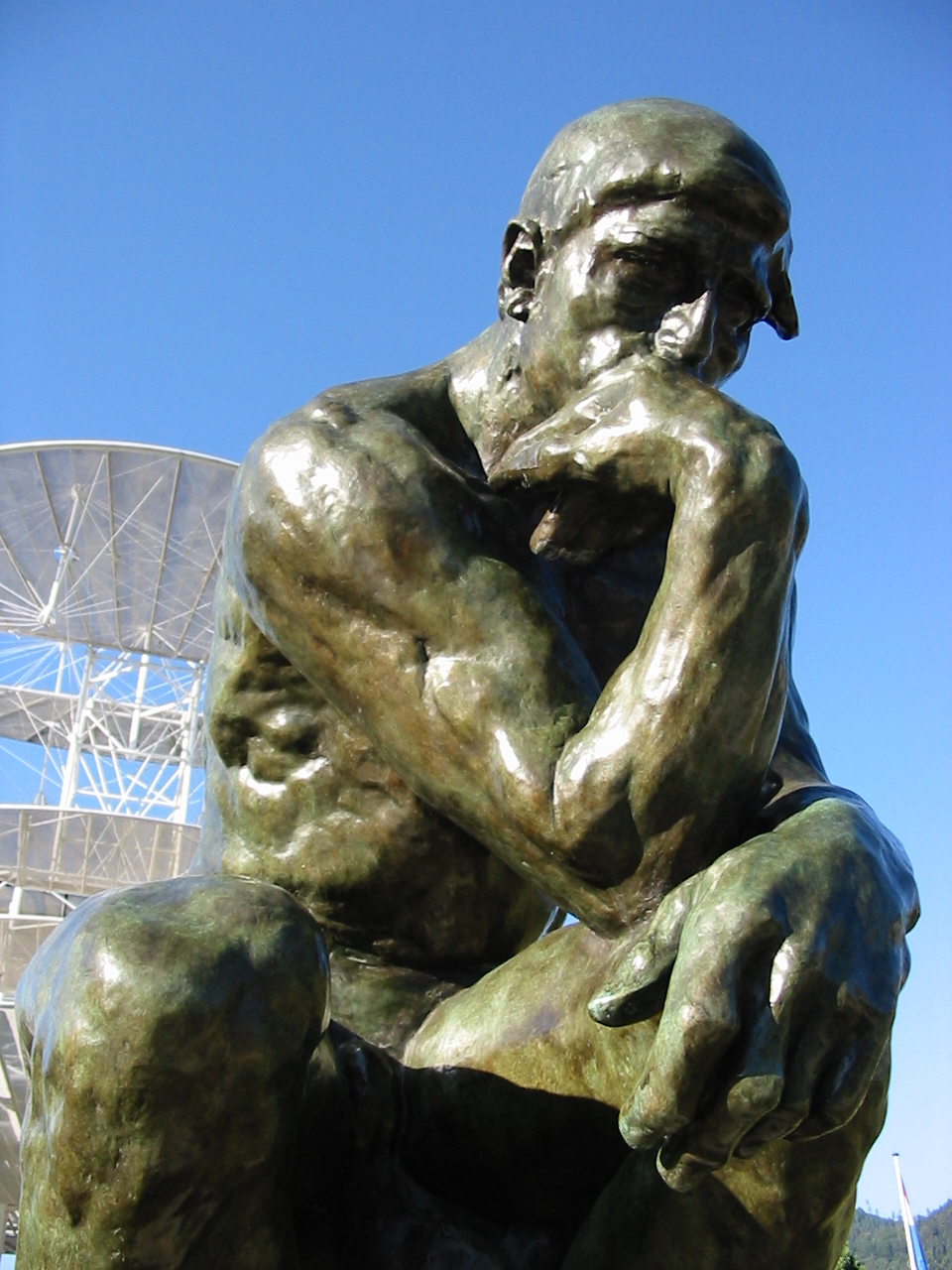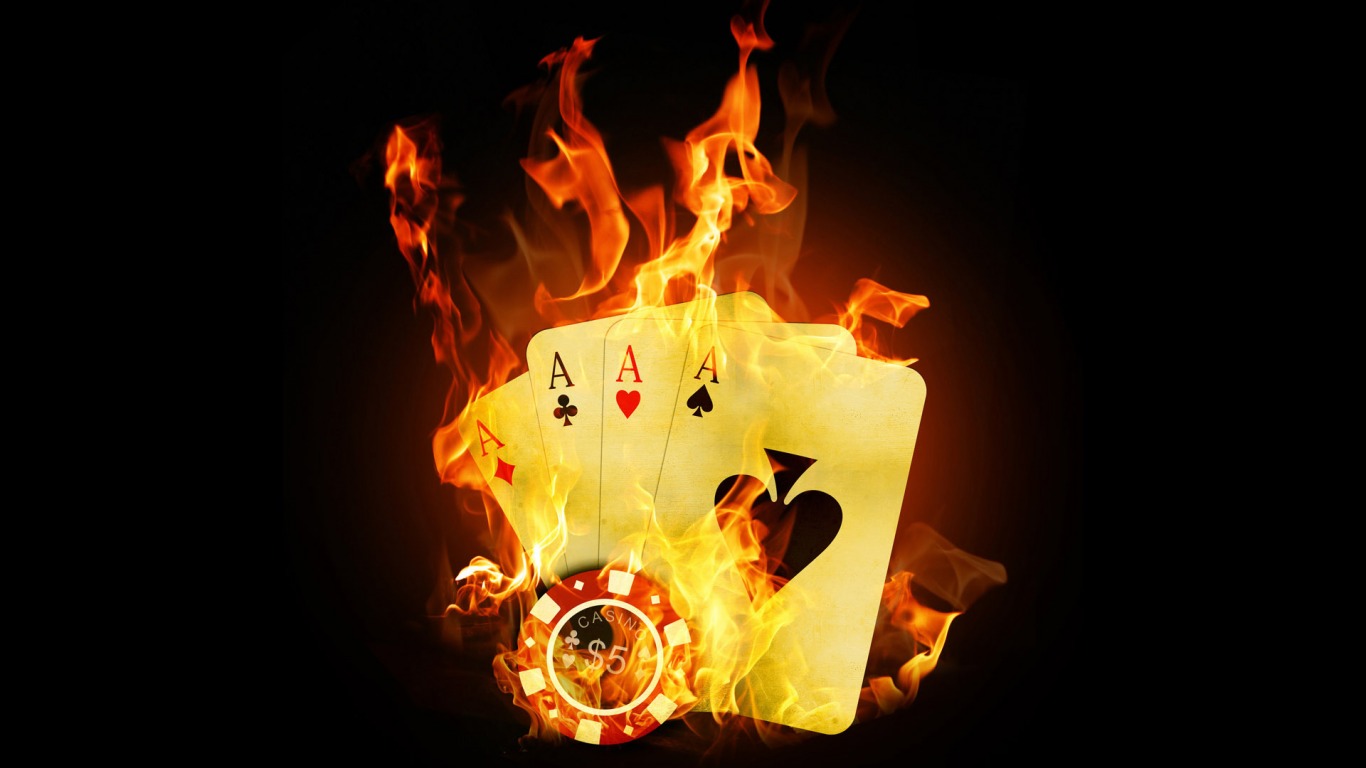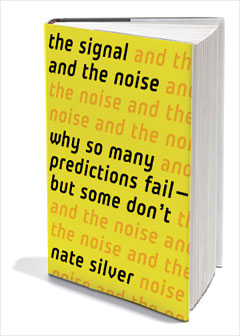
This month, we will not present 1 book in particular, but rather a category of books that can help you improve your poker, especially for heads up players. When we play heads up, must play a % of his hands much higher than when we play in 10max for example and always playing against the same opponent brings a psychological aspect very hard in part, it is well known.
The aim will be to quickly amass information on his style of play. Some information will be objective (for example his VPIP that it will get through a HUD), but other information may be speculative.
It is for this reason that explore some parts of philosophy can help us. We will specify further. The example of the heads-up play is not restrictive. We insistirons today on this variant only to facilitate discussion. Several points may also apply to other forms and variants of poker.
For this article, we don't tell you about that one author in particular and whose education applies well to poker: Thomas Bayes. Wikipedia is as follows: "Thomas Bayes is a British mathematician and pastor of the Church
Presbyterian, known for having formulated the Bayes theorem.
His discoveries in probability were summarized in his essay on how to solve a problem in the doctrine of the risks (Essay Towards Solving a Problem in the Doctrine of Chances - 1763) published posthumously in proceedings of the Royal Academy of London (the Philosophical Transactions of the Royal Society of London). He is especially an important law of probability, Bayes theorem (posthumous, 1763), widely used in automatic classification. One example is the fight against spam, by the method of Bayesian inference."
Bayes is originally from inferences called "Bayesian inferences". The term maybe somewhat learned looks, but when on husks, it is very simple to understand.
By definition, an inference is a logical operation that is to admit a truth under its collaboration with other truths already admitted. In other words, a logical deduction which cannot be proven beyond a reasonable doubt. A deduction that will confirm (or not) with experience and/or further information obtained. Poker players can already now start to make connections.
But first, let's take a simple example to illustrate what is a Bayesian inference.
You exit you speed. You begin to walk in the street and begin to wonder if you have your keys with you. You begin to establish a probability (that of having them with you). You think back to your last actions and put a figure: 80% of the time, you have your keys with you. 20% of the time the keys will be elsewhere (probably on your desktop at home, in another coat, on the table of the kitchen, etc.).
From the information you have, this is what you can conclude. Now, you decide to add information to refine your approximation: you decide to delve into the right pocket of your jeans (an experience that adds to the knowledge); your keys are not there.
Based on this new information, we wonder: what is the probability that you have your keys on you and what is the probability that they will be in your left pocket?
What is not to find his keys in his pockets 1 decreases your chances of having your keys on you? And if the chances are still intact, what are the probabilities of having your keys in the other Pocket? 40%? Probably.
Of course, there is nothing scientific here. 80% chance of the beginning is an estimate. 40% further is only an inference drawn from the premise of departure. Another experiment which will give us another information will change these %. The percentage may vary
If you're left-handed or right-handed.
Links with poker
Its estimates are similar to those that we do when we play poker, especially when we play heads up. From the first hand should estimate the probabilities that our opponent does this or that game.
For example, 1st hand of a heads-up against an unknown player, you open and your opponent you 3bet. Here there is a probability that your opponent you 3bet bluff and a likelihood that he you 3bet in value (and a probability that your opponent clicks buttons without)
knowing why he made such and such game).
It is quite possible that your opponent has a big hand in the first distribution of the cards, even if the big hands represents only a small % of all possible hands to Hold'em. You decide to folder with no information. You're not sure to have
made the right decision, but with the information that you had, you took the decision that you think is the best.
You play a few hands and your opponent you 3bet for the 3rd time in a row. Is really lucky and on a beautiful sequence of maps or abused you? Still, the Hero must draw conclusions based on this new information. More you
playing hands (the experience to apply the theory of Bayes), more your estimates will be fair. You'll rarely 100% safe conclusions, but it can be said without too much wrong that it would be extremely surprising your opponent you 3bet 10 times in value on 25 hands. Everything is a matter of frequency.
In doubt, the players are often likely to think how the players in general play, how the average player reacts. If the majority of players like to be very aggressive in the first hands of a heads-up, the Hero may therefore assume (maybe wrongly) that the chances that the ugly 3bet bluff are larger than his chances of 3better in value.
That hands will be played, our estimates will change and this is why it is of utmost importance to be hyper alert heads-up (as in any game of poker, it's going to be). Each new information can change the way we play, but also estimates that in the grey areas.
Well, the hero will need to adjust the frequency of the villain. It is obviously impossible to know every hand that our opponent has, what it does and why it makes such or such game, but it is important to estimate which we, in the long term, we will earn the most money and update its estimates according to new reports.
Discuss this news on PokerCollectif forums: 10 books that will make you a better poker player, but are not the poker books, part 5 of 10




